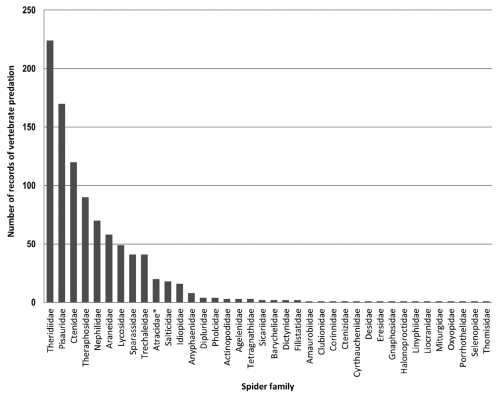I told you yesterday that I’d let you know when my copy of A City on Mars arrived. It did! Yesterday! I’ve already started reading it, and I’m already happy with it.
Finally, it’s a book about sending humans to space that takes a realistic position: no jingo, no hyper-optimism, and an awareness that enthusiastic boosterism about space travel is a cult-like religion. It sets up the contrast in the introduction: that there are space geeks who fervently believe in the importance of colonizing space for a variety of reasons (most of them bogus), and there are space bastards who keep crashing the optimism by pointing out the problems. The authors side with the space bastards. So do I.
My opinion is that humans are a kind of animal that is well-adapted to a broad range of climates, but are still dependent on a narrow set of environments — we require plentiful water, about 20% oxygen, trace amounts of carbon dioxide, an air pressure between 100 mm Hg and 800 mm Hg, about 1 g of gravity, etc., etc., etc. We can survive briefly outside that range, but we sure don’t thrive and prosper. If ever you’ve raised tropical fish, for instance, you know that living things are extraordinarily sensitive to minor deviations from their ideal environment, and humans also have restrictions we take for granted. Biologically, we’re unsuited to existence anywhere in the solar system outside our one planet — you know, the one we’re busy trashing, but which will never be as hostile and incompatible with life as any of the other places in space.
We’re never going to build viable colonies elsewhere, even on Mars, which is the next best option outside of Earth, and even at that it’s poisonous and dead. I think I’m more negative about the prospects than the Wienersmiths, but it’s still a relief to find a source that recognizes the realities of life in space. It’s reassuring, even.











